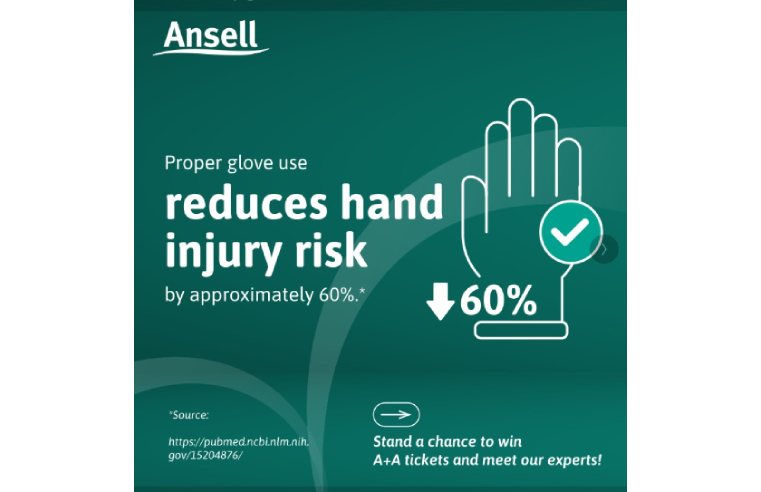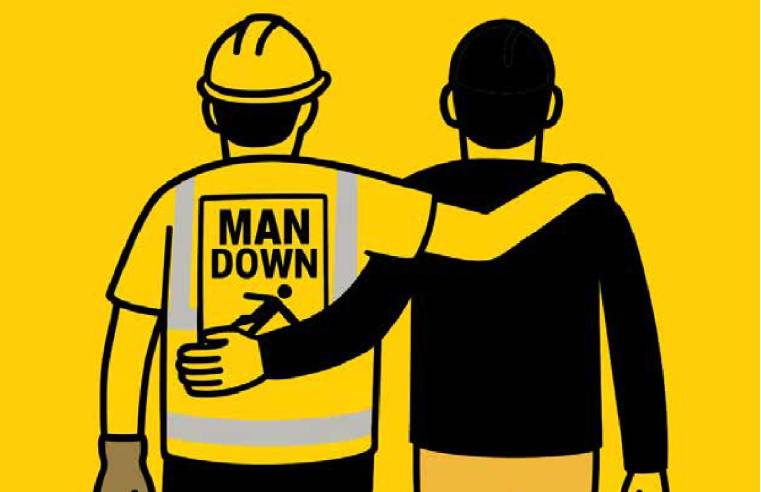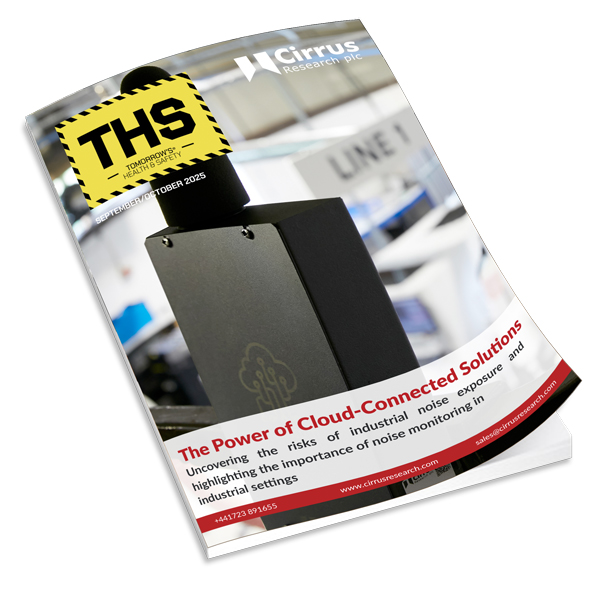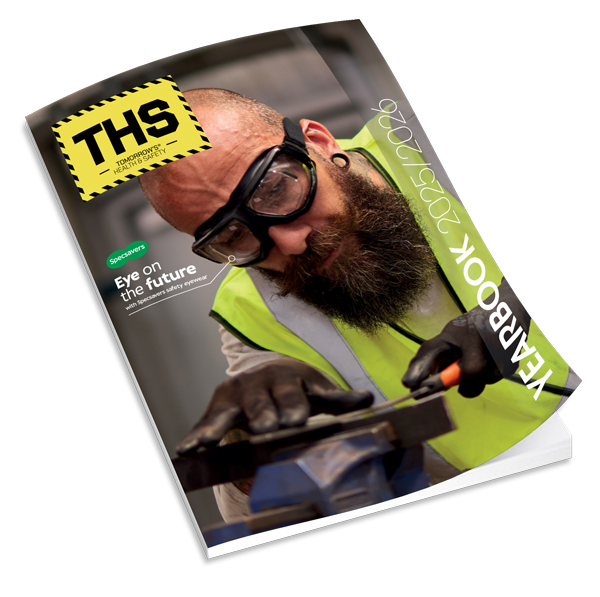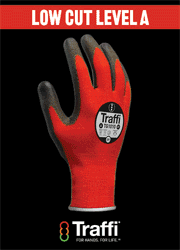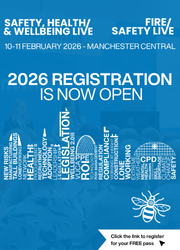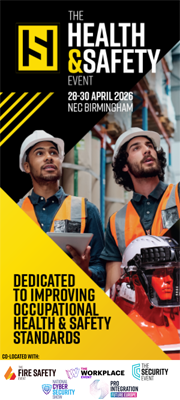The British Safety Council is calling on both Government and the Health and Safety Executive (HSE) to strengthen and enforce COVID-secure workplace rules to protect workers.
Figures released by the Office for National Statistics (ONS) show that COVID deaths are higher among low-paid and manual workers in England and Wales, underlining the need for stronger COVID-secure workplace rules to protect workers and for enforcement when rules are broken in the workplace.
Almost 8,000 workers have died where it is believed that the cause was directly due to Coronavirus. Workers whose jobs involve regular exposure to COVID-19 or working near others, continue to have higher COVID-19 death rates. However, the British Safety Council says, “the HSE, the UK regulator responsible for workplace safety, has not brought a single prosecution against an employer for breaking COVID-19 rules, even though people clearly mix in workplaces, which increases the potential to catch and transmit the virus”.
While HSE Inspectors always act in proportion to risk, the regulator considers Covid-19 to be a ‘significant’ rather than ‘serious’ risk, which according to the British Safety Council is the nub of the issue and “limits the toughness of its sanctions”.
A ‘significant’ risk is one that causes non-permanent or reversible health effects, whereas a ‘serious’ risk is one that causes a permanent, progressive or irreversible condition.
The British Safety Council says “given we are amid an unprecedented global pandemic that has resulted in thousands of workplace deaths, the infection of multiple employees through work-related activities with a potentially fatal disease seems instinctively to be a ‘serious’ health risk”.
The desire from the Government to keep workplaces operational, together with a decade of resource budget cuts, has been a factor in the HSE’s categorisation of outbreaks within the workplace, which has prevented inspectors from issuing prohibition notices as part of the remedial actions that could be taken when investigating these outbreaks.
Hence, the British Safety Council is calling on the HSE to treat the disease as a ‘serious’ risk to help prevent further workplace deaths. Whilst the safety body appreciates “this will impact HSE’s capacity to inspect workplaces”, recognising the regulator has had a significant cut in its funding and workforce in recent years, it is therefore, in tandem, urging the Government to “provide the funding necessary for the HSE to better protect workers during these unparalleled times”.
The British Safety Council also echoes the call made by the Pensions and Investments Research Consultancy (PIRC) for employers to report all cases of COVID-19 employee illness, even when they believe that the infection was the result of community transmission. The safety body said: “Without better data neither the HSE nor the public can understand the scale of the risk. As infection reduces, everyone needs to focus on the ‘hotspots’.”
Lawrence Waterman OBE, Chairman at the British Safety Council, commented: “The number of workplace COVID deaths is saddening. Whilst it is difficult to definitively attribute COVID-19 infection and transmission to a workplace activity rather than general societal risk, in those cases where this has been reported and confirmed as a workplace outbreak, it is hard to understand that such instances are categorised as ‘significant’ rather than ‘serious’.
“The Government has a difficult challenge in balancing the health of the economy with workers’ health and workplace safety, but there are some obvious steps that can be taken to help control the virus. Workplace inspection and enforcement of COVID safety rules is one of these steps. Ensuring the HSE is properly funded to undertake its role, is paramount and accords with the same treatment the Chancellor has provided to other parts of the economy during the pandemic. Keeping workers healthy and safe will help the country to boost its economic recovery once the virus has been brought under control.”








